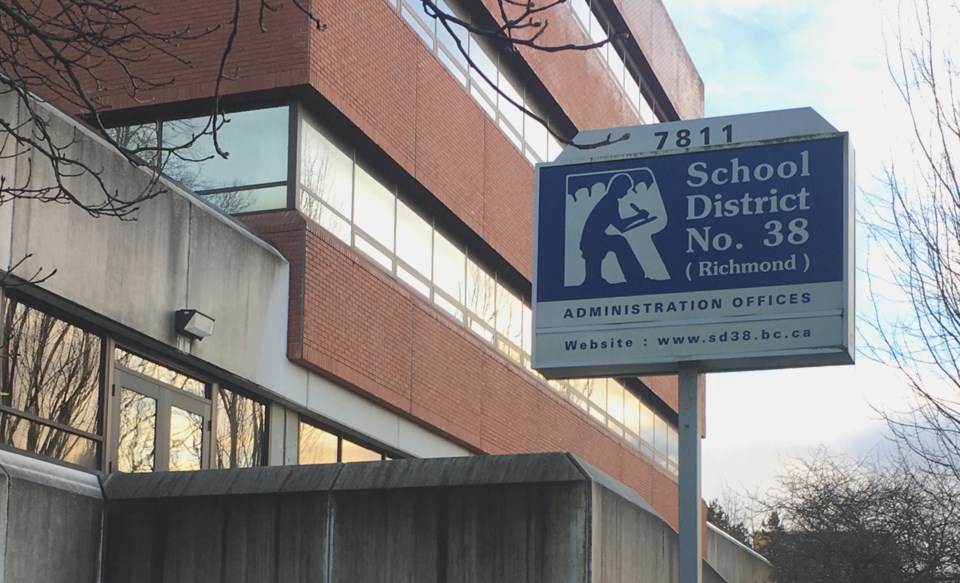The Richmond board of education will only meet once a month as a pilot starting in April. Following the recommendation of board chair Ken Hamaguchi, trustees voted to reduce their meetings from two per month to one per month for the months of April to June.
The rationale for reducing the number of meetings included using less staff time and being more efficient in their time use. Some trustees pointed out, however, that the meetings already are efficient and that there are many issues coming up for the board to deal with.
“It’ll be interesting to see if lesser amount of board meetings will be helpful with all the work we have to do, with the LRFP and the budget,” said Trustee Donna Sargent. She added that board meetings are efficient already.
“My concern is we’re going to be putting those times with our staff to more workshops – just making sure we have a lot of time for the public,” Sargent said.
Trustee Debbie Tablotney pointed out there are standing committees and the one or two board meetings held monthly aren’t the only meetings trustees attend.
“Trustees have many meetings, many workshops and we also have standing committees,” said Tablotney, adding that in-depth conversations take place at those standing committees, which then bring recommendations to the board.
Trustee Norm Goldstein said it was “probably a typo” that the education committee was singled out as where more work is done.
“All committees take on more conversation that’s not being carried out (at the board),” he said.
The board has four standing committees: education, facilities and building, finance and legal and policy.
The rationale for moving to one meeting per month also included allowing for “more time for trustee workshops.”
Workshops are educational opportunities for trustees, explained board chair Ken Hamaguchi. They are voluntary, don’t require quorum and no decisions are made in them, he expanded.
Committee meetings and board meetings are all open to the public, only in-camera meetings, typically for legal, land or personnel issues, are meant to be behind closed doors. If something is asked in an in-camera meeting that belongs in a public meeting, it will be redirected, Hamaguchi explained.
“We’ll say that’s not an in-camera question – you can ask that in public,” he added.
According to the School Act which lays out how boards of education operate, meetings of the board are open to the public unless “in the opinion of the board, the public interest so requires, persons other than trustees may be excluded from a meeting.”



